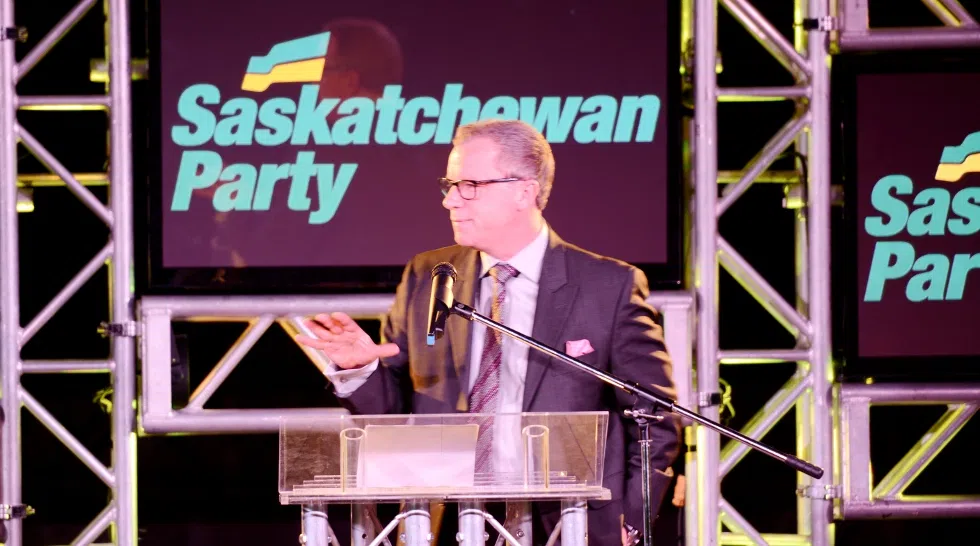
Sask. prepared for oil shock: Wall
Saskatchewan’s premier admits the shock from the slumping price of oil will be significant, but promises the province will be prepared because of its diversified economy.
Days after Bank of Canada Governor Stephen Poloz said the effect of the “oil shock” is “atrocious” growth in the first quarter, Premier Brad Wall said on Thursday the province has more going for it than just oil. By comparison, the oil shock left the province $700 million short, but Alberta will be $7 billion short in revenue. Oil, he said is a much more important sector for the Alberta economy.
“The forecasters were saying, and we used it in our budget, that our economy would continue to grow. I think some are saying that Alberta might back up a little bit, they think we’re going to continue to grow,” Wall said. He added the forecasters are saying these things because of the province’s diversified economy.
“It’s a serious thing, what’s happening in oil, but we’re lucky, because we’re building a diversified economy,” he said.


